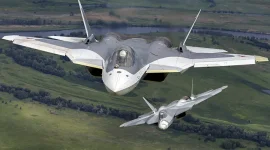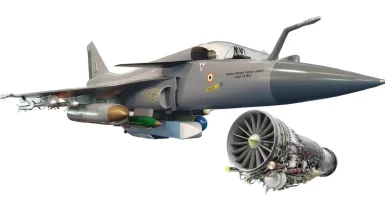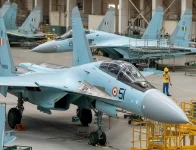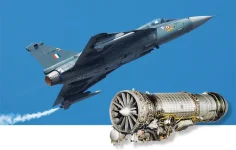- Views: 4K
- Replies: 36
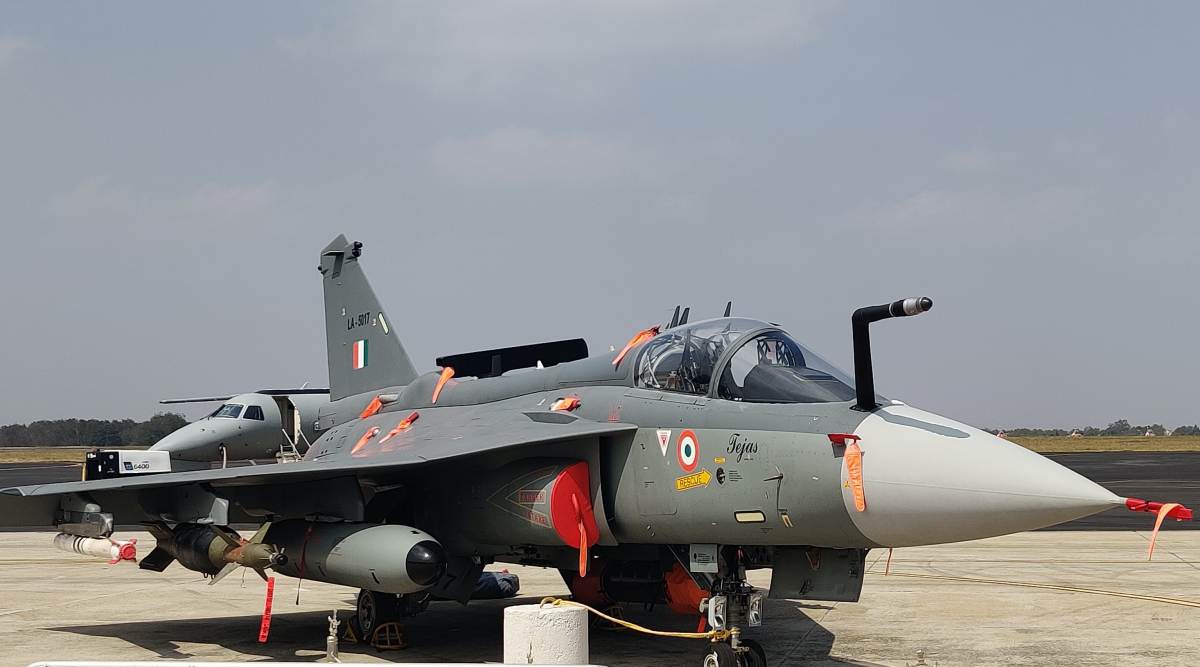
India's burgeoning aerospace industry continues to push boundaries with the development of its indigenous fighter jet, the Tejas Mark 1A. While the aircraft boasts impressive capabilities and advanced avionics, a persistent challenge lies in its reliance on foreign engine suppliers.
A supply agreement with GE for their GE-404 engines has faced delays due to supply chain issues, prompting HAL to explore alternatives. One option under consideration is the Safran M-88-3 engine, which powers the Dassault Rafale jets that India already operates.
However, the transition to a new engine presents several hurdles. The GE-404 engine, known for its reliability and performance, offers higher thrust than the M-88-3. Additionally, the M-88-3's different dimensions would necessitate significant modifications to the Tejas' fuselage.
Safran's production capacity, currently optimized for the Rafale program, would need a substantial boost to meet India's demands. Switching engines would also entail establishing new supply chains and logistics, further complicating the process.
Integrating a new engine requires rigorous testing and certification, potentially delaying the Tejas program and increasing costs. The decision to switch engines also involves geopolitical and economic considerations, such as strategic partnerships and domestic industrial benefits.
While the Safran M-88-3 engine boasts competitive performance, transitioning to it is a complex undertaking. The GE-404's superior thrust, established integration with the Tejas, and mature supply chain currently make it a more practical choice. Safran would need to significantly ramp up production to meet India's needs.
It's important to note that HAL has not officially confirmed any plans to replace the GE-404 engine in the Tejas Mk1A. The Indian government is also actively pursuing the development of its indigenous Kaveri engine, which could offer a long-term solution to engine dependency.
This situation underscores the challenges and complexities of defence procurement and the need for a balanced approach that considers technical, economic, and geopolitical factors. As India strives for self-reliance in defence technology, finding the right engine solution for the Tejas will be crucial for its success as a world-class fighter jet.

